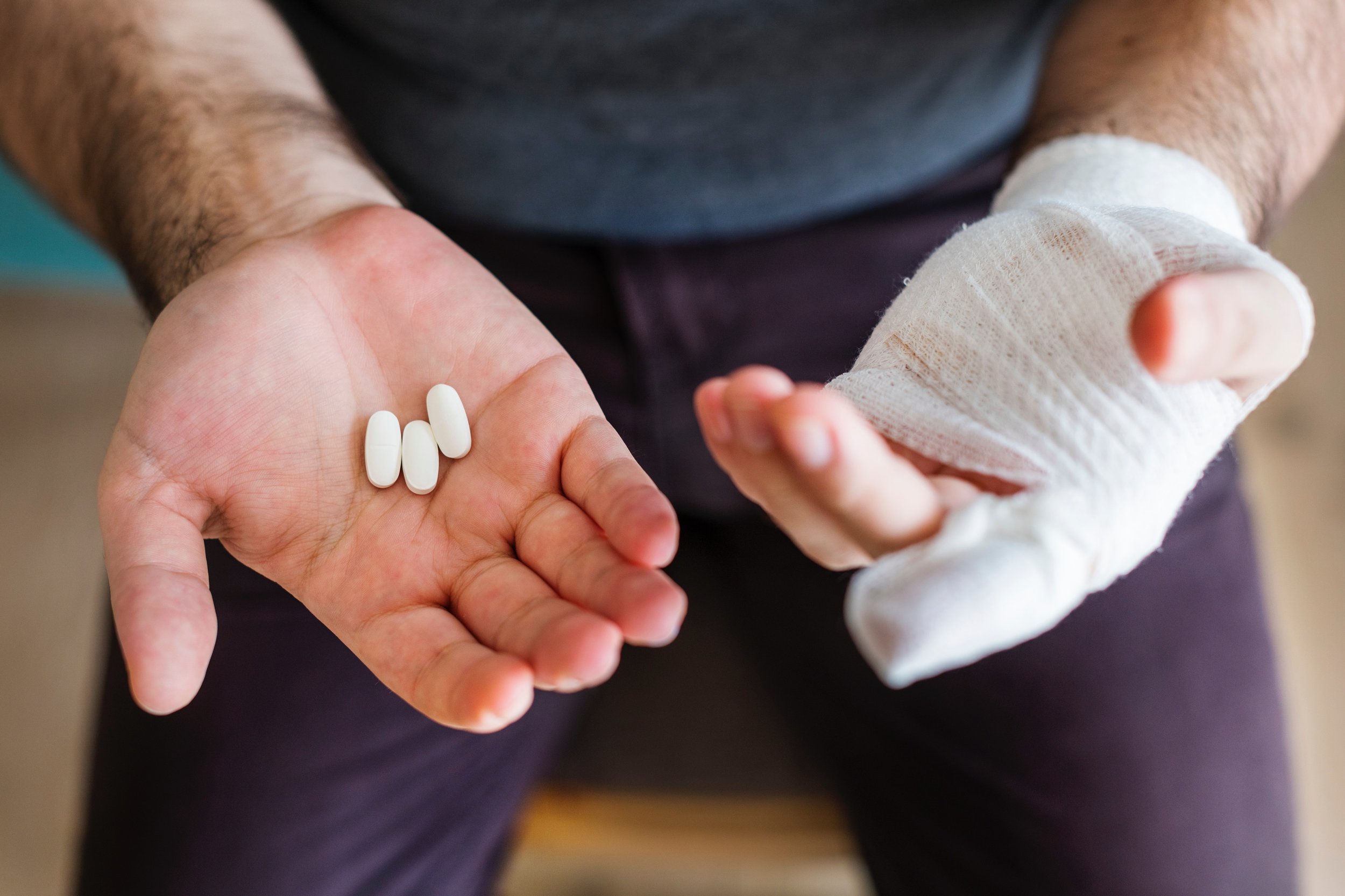7 Most Common Causes of Poisoning in Cats & Dogs
Home / Gaia Toast / 7 Most Common Causes of Poisoning in Cats & Dogs
These innocuous stuff commonly found in our homes are huge hazards for your furkids and can be fatal for them. To arm yourself with knowledge for prevention, read on:
But first, if you suspect your pet has swallowed any of these items, contact your vet or Gaia Veterinary Centre immediately.
1. Chocolate
Your kids love them, you love them and the festive season means you’ll have heaps lying around the house.
Chocolates are toxic because of theobromine and caffeine content.
The darker the chocolate, the higher theobromine and caffeine content.
Size matters. A small-sized dog ingesting a small amount of chocolate may experience more severe symptoms compared to a larger dog.
Signs to watch:
Increased thirst
Vomiting
Diarrhoea
Hyperactivity
Abnormal heart rhythms
Elevated blood pressure
Elevated body temperature
Tremors & seizures
2. Rat Poison
Used to control rat populations in buildings and around their perimeters. Your pets can get very sick if they accidentally swallow them. Your best defence is to be vigilant because it is more common and found closer to home than you think.
There are 3 types in the market, listed via their active ingredients below.
Why is it important for you to know? Knowing the type of poison ingested can help your vet decide the right course of treatment.
1) Anti-coagulant rodenticide
Signs to watch:
Lethargy
Breathing difficulties
Decreased appetite
Bleeding gums
Bloody urine
Results in:
Internal bleeding by preventing blood clotting
2) Bromethalin rodent baits
Signs to watch:
Lethargy
Weakness
Wobbling when walking
Lack of coordination
Tremors
Seizures
Results in:
Brain swelling
3) Cholecalciferol (Activated Vitamin D3)
Signs to watch:
Lethargy
Lack of appetite
Weakness
Increased thirst
Increased urination
Results in:
Kidney failure from elevated blood calcium levels
3. Ibuprofen
Sold as ‘Nurofen’ in Singapore pharmacies, these painkillers are easily obtained over the counter. Just one or two pills can be dangerous for pets.
Signs to watch:
Cats are more sensitive to ibuprofen’s effects.
Bloody vomitus
Diarrhoea
Black-tarry stools
Tremors
Seizures
Lethargy
Weakness
Loss of appetite
Pale gums (a sign of anaemia)
Vomiting
Small doses can result in:
Severe stomach ulcers
Larger doses can result in:
Kidney failure
Liver failure
Neurological problems
4. Xylitol
This sugar substitute can be found in many products e.g., mints, soft drinks, chewable vitamins, peanut butter, mouth wash, toothpaste, and the list goes on.
Product labels touting terms 'sugar-free', 'all natural and sugar-free', ‘no sugars added’ etc. warrant a second look.
This sugar alcohol is especially dangerous to dogs.
Signs to watch:
Vomiting
Weakness
Lack of coordination
Seizures
*More severe effects show up via decreased appetite, continuous vomiting and jaundice.
Results in:
Drastic drop in blood sugar level
Liver injury
5. Grapes & Raisins
Healthy snack for us but especially hazardous to dogs.
Signs to watch:
Vomiting
Lethargy
Changes in thirst and urination
Results in:
Kidney failure
6. Paracetamol or Acetaminophen (aka Panadol)
We take this to ease common ailments from headaches to menstrual cramps, but this can cause serious issues in pets.
Cats are especially sensitive to them; a single pill is enough to make them very sick.
Signs to watch:
Decreased appetite
Lethargy
Drooling
Vomiting
Swelling of the face and paws
Breathing difficulties
7. Fertilisers
Great for garden plants, but detrimental to dogs and cats.
Natural fertilisers may contain ingredients such as bone, fish meal etc. which becomes extra tempting for your pets.
Signs to watch:
Vomiting
Diarrhoea







